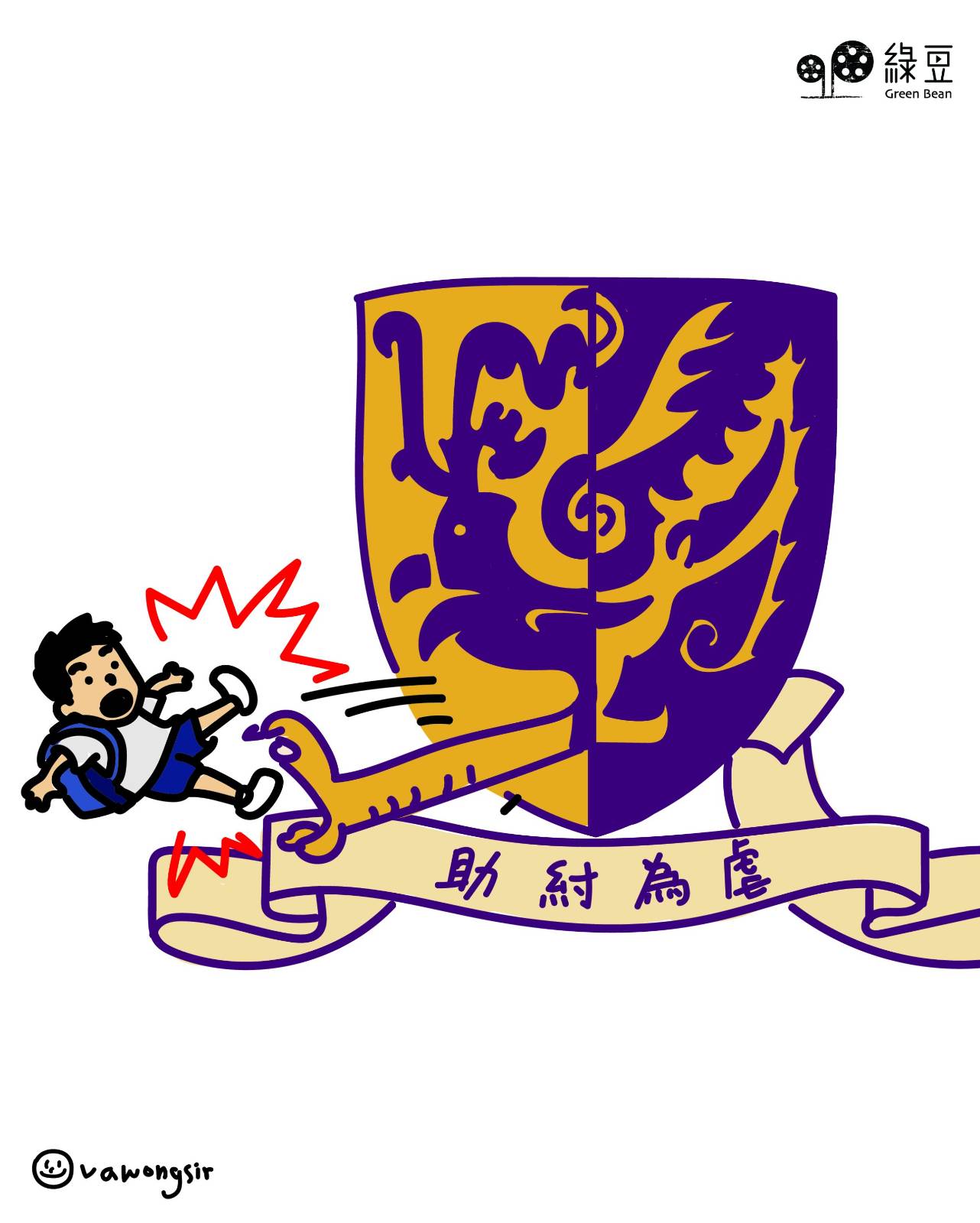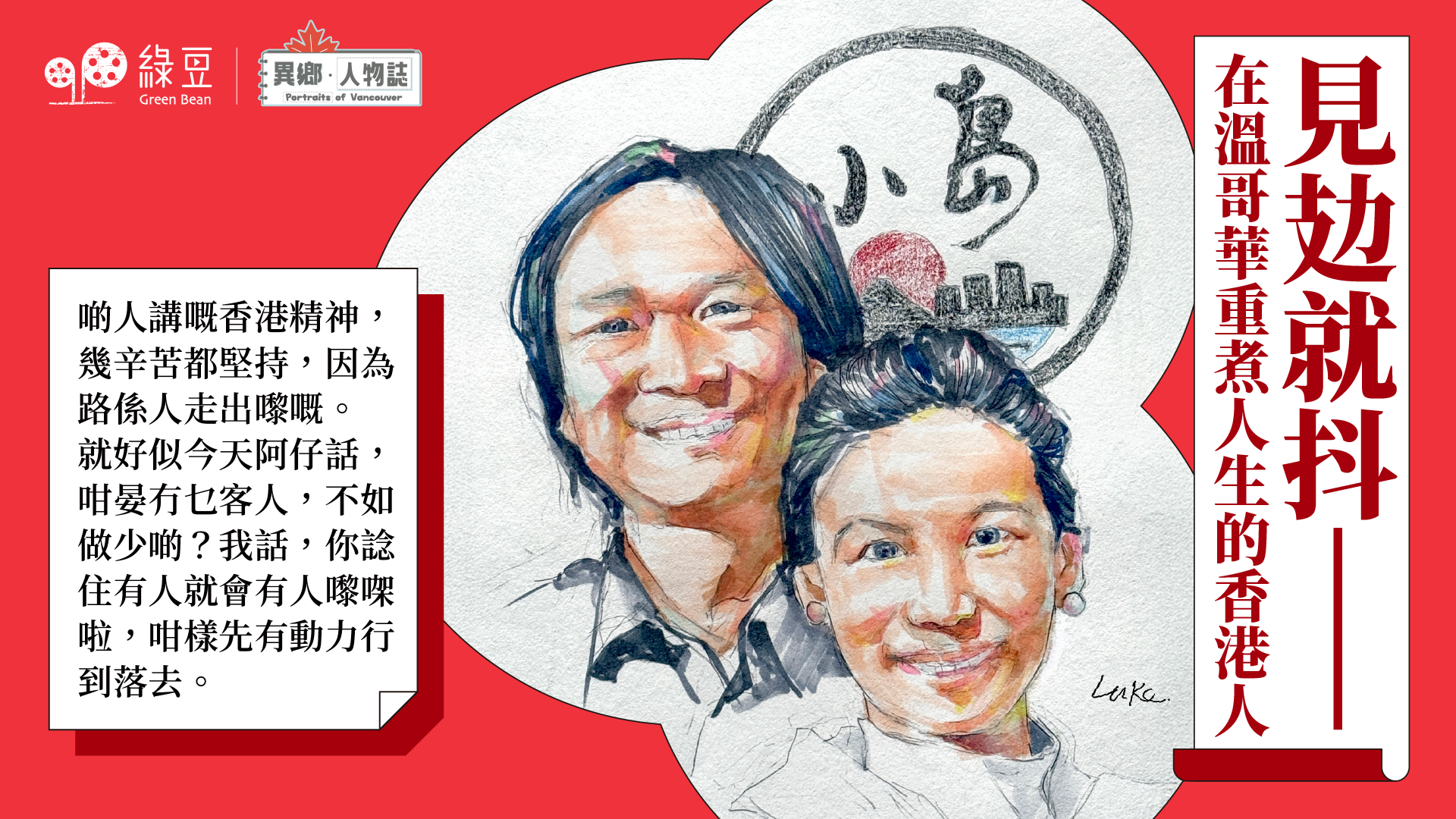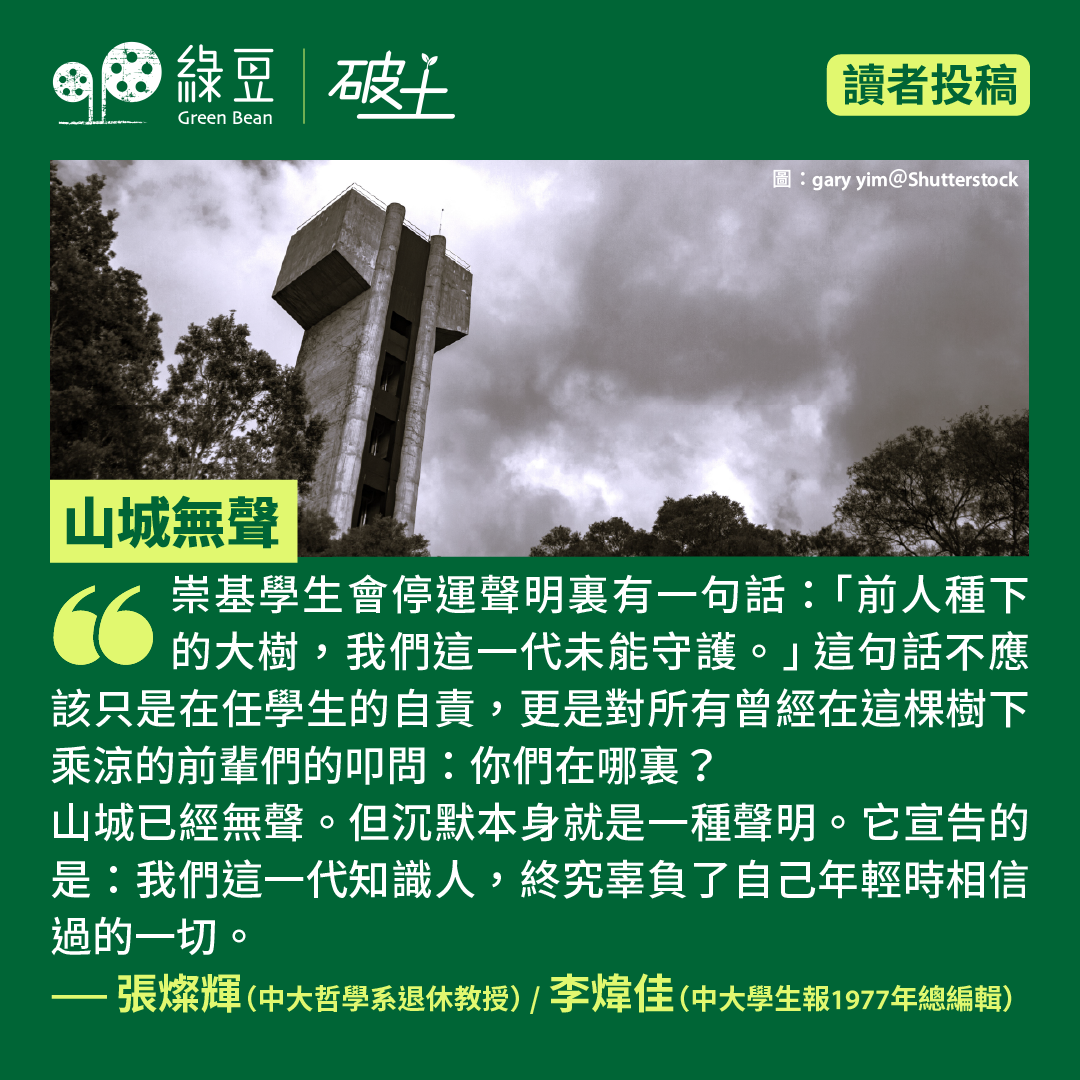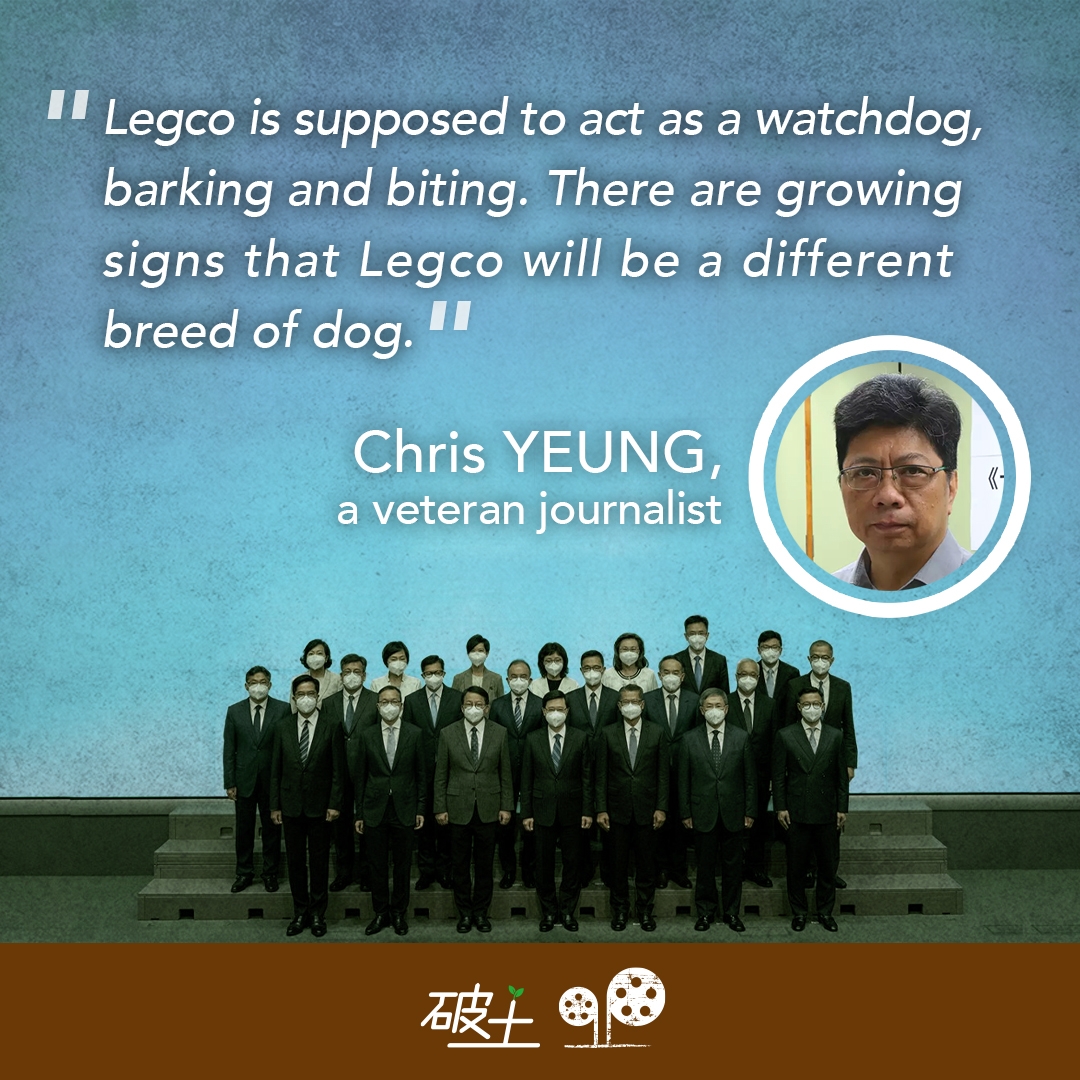The danger of an overkill of HK democrats

Following Beijing’s revamp of Hong Kong’s electoral systems, the Legislative Council constituted after last year’s election has been hailed as a legislature with diversity, or, in the words of Beijing officials, “all sorts of colour”; it is more efficient, less disruptive.
The oustings of the democrat opposition from the legislature, according to the city’s self-proclaimed patriots, has put the political system back on the right track. At long last, mainland and Hong Kong officials are confident that the city is moving towards normalcy, with prosperity to follow.
Outside the all-patriots Legco, the pro-democracy force is withering. Leading democracy fighters straddling different generations are either in jail or denied bail for national security-related charges. An unknown number of them had fled quietly. Those who remain in Hong Kong are either laying low, or flat.
Their supporters are in a downbeat mood, not so much because they couldn’t care less about the future of the democratic camp, but are being overwhelmed by an air of helplessness and futility.
Against that backdrop, it could not be more ironic that the patriots are in an enthusiastic mood talking about the fate of the Democratic Party. The past two weeks saw Wen Wei Po and Ta Kung Pao fill up pages with articles penned by reporters, political pundits, lawmakers and academics about the misdeeds, failures and a dining event of the party.
Their key message, if not dire warning, is intriguing. The party, they say, must change their course, abandon their anti-China stance if they want to survive.
Citing dubious “evidence”, the Democrats were alleged of colluding with foreign forces, a crime punishable under the Hong Kong national security law, and being anti-communist, which is not specifically listed as a crime under existing laws.
The latest round of salvos against the Democratic Party was fired days before the party had originally planned to hold a set of lunch and dinner sessions with members, friends and supporters at a restaurant this month.
Each participant could buy a seat at a fee ranging between HK$800 and HK$2,000. The party was expected to pocket a six-digit amount of revenue from the sessions after deducting costs to help ease their financial burden.
The Democrats-bashers questioned the purpose of the party’s fund-raising and the timing of the gatherings amid the risk of a spread of Covid-19.
Two days before the gatherings were scheduled to be held on July 9, the Democrats were told by the owner of the restaurant it had to be shut down for anti-Covid works on that day. The restaurant owner denied they did so because of political pressure.
Some press reports say otherwise, saying the owner was told quietly by unidentified “middle-persons” not to provide the venue to the party.
Although the details of the behind-the-scenes maneuverings are still unclear, signs of unabated pressure on the Democrats are crystal clear, raising questions about Beijing’s endgame for the party and the pan-democrats, if there is one.
Put it plainly, does Beijing still want to have the presence of democrats as a dissenting voice in the Hong Kong SAR? Or put it in another way, does Hong Kong still need to have dissenting voices?
The short answer to the second question is yes. Hong Kong thrives on diversity and competition in various aspects of life. On the political front, dissenting views help foster debates about the merits and demerits of ideas and policies for problem-solving.
But the answer to the first one is increasingly unsure. The messages emanated from within the pro-Beijing circle and the Chinese officialdom since last year have been ambiguous, at times conflicting.
Despite positive signals for the moderate democrats to contest for seats in last year’s Legco election at its early stage, hardliners in the pro-Beijing circle had prevailed when the election entered its nomination period.
The Democratic Party later decided to consider case by case if a member came forward. With no members putting their names in, the party had for the first time since its inauguration in the early 1990s fielded no candidates in an election. The pro-Beijing camp lambasted the party for what they called a boycott of the new election, which was deemed as an act of defiance of Beijing.
The absence of the Democratic Party, which has now become the flag-bearer of the shattered democratic camp, in the 2021 Legco election made a mockery of Beijing’s claims that the new Legco has “all sorts of colour”. This is because their participation in elections and success in getting a couple of seats would have helped reduce the deficit of legitimacy of the electoral system, at least in perception.
Make no mistake. There is hardly love between the patriots and the democrats. But some patriots are more realistic to be able to see the merits of a limited representation of the democrat opposition in Legco. Their voices, however, have been drowned out by the hawks in the pro-Beijing force, who would like to see the demise of the Democratic Party, like their allies in the pro-democratic camp.
With the laws on national security and elections in place, the room and impact of the democrats as a voice of dissent in Legco and the community at large has already become extremely limited.
An overkill of dissenting voices fears making an eerie sound of silence in the city known for its diversity of colour and voice.
▌[At Large]About the Author
Chris Yeung is a veteran journalist, a founder and chief writer of the now-disbanded CitizenNews; he now runs a daily news commentary channel on Youtube. He had formerly worked with the South China Morning Post and the Hong Kong Economic Journal.





